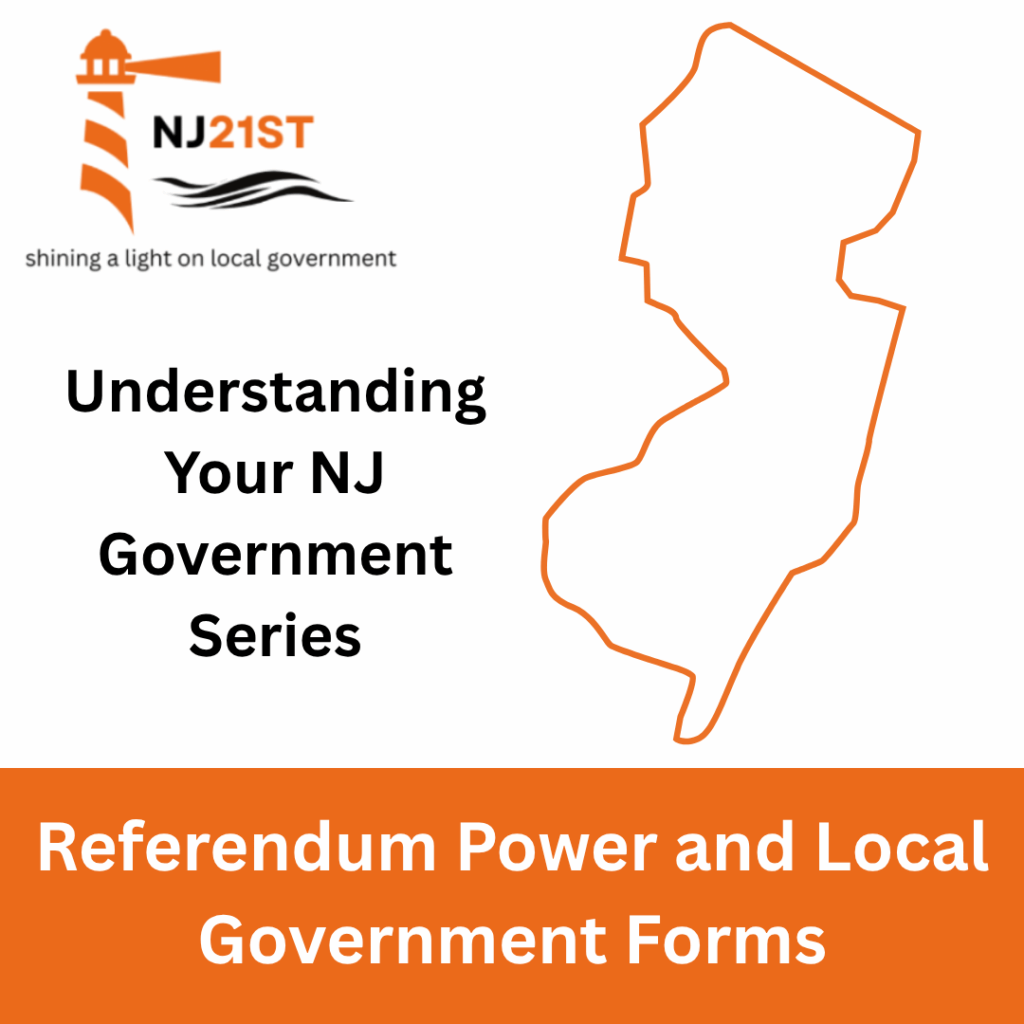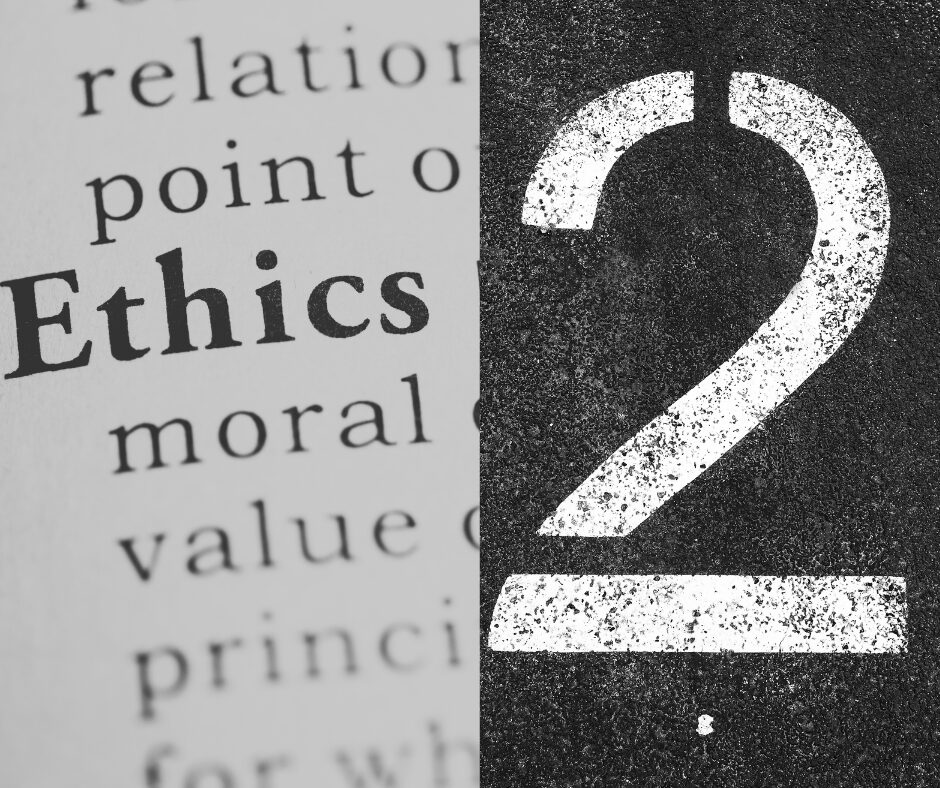This is the first in an ongoing series intended to help NJ residents, especially students, understand their local and state government. In time we will create a separate page dedicated to these articles.
Key Terms in This Article:
Charter – For the purposes of this article, a Charter is a document that outlines the rights, responsibilities, and limits of a governing body and positions therein.
Ordinance – A permanent local law passed by a governing body.
Referendum – A vote by people in a town, county, or state on a political question; for example, years ago Berkeley Heights had a Referendum asking residents whether they wanted to allow a swimming facility use of it’s sewer system.
Towns in NJ come in different flavors and the type of government a town has can determine things like how strong a Mayor is and whether residents have a right to immediately impact important decisions.
What Local Governments in NJ Can Look Like
Traditional Charters
Borough – The Mayor only votes to break ties, with the Council holding legislative power.
This is the most common form in New Jersey, made up of a Mayor and six Council members. The Council sets policy and the Mayor presides over meetings but only votes to break a tie. The Mayor has veto power over Ordinances, but the Council can override it.
Township – A 3 or 5-member Committee that shares power, with one member picked as Mayor.
The Committee acts as both the legislative and executive, with members selecting a Mayor from their group. That Mayor is largely ceremonial, and all decisions are made as a collective.
City – Mix of Mayor and Council, powers vary.
The Mayor usually has more administrative powers than in Boroughs or Townships as the Council passes Ordinances while the Mayor enforces them.
Town – Hybrid with features of both City and Borough.
Westfield uses this model, which usually includes a Mayor that has some limited executive functions and a Council that handles legislation.
Village – Only one town (Loch Arbour ) uses this form.
Faulkner Act (1950 reform law)
Allows towns to adopt flexible Charters by Referendum
Mayor–Council (Strong Mayor)
Voters directly elect both a Mayor and a Council. The Mayor acts like a CEO, running day-to-day operations, making hiring decisions, preparing the budget, and holding veto power. The Council’s job is to pass Ordinances and provide oversight of the Mayor.
Council–Manager
In this model the Professional Manager is the CEO and the Council retains the ability to pass Ordinances and provide oversight of the Manager. The Mayor, much like in a Township, is ceremonial in nature.
Mayor–Council–Administrator
Very similar to a Borough model with an Administrator who is appointed by the Mayor to handle day-to-day operations. Berkeley Heights uses this model.
Small Municipality Plan (for towns under 12,000)
Flexible, blends Mayor–Council and Council–Manager models.
Referendum Powers
Residents in Faulkner Act towns have initiative and Referendum powers and can directly challenge laws and local government decisions at the ballot. Petitions typically need signatures from 10 to 15 percent of registered voters within a specific time frame. If the petition meets all the criteria, then the governing body must repeal the Ordinance or send it to voters for a Referendum. Be aware that towns often challenge petitions-even those that qualify, but courts have sided with residents.
Residents in towns under traditional Charters do not have this tool.
The 21st District Breakdown
Here is how each town in New Jersey’s 21st Legislative District is structured, and whether residents have referendum power:
| Municipality | County | Form of Government | Referendum Power |
|---|---|---|---|
| Berkeley Heights | Union | Faulkner Act: Mayor–Council–Administrator | Yes |
| Mountainside | Union | Faulkner Act: Mayor–Council | Yes |
| Garwood | Union | Borough | No |
| New Providence | Union | Borough | No |
| Springfield | Union | Township Committee | No |
| Summit | Union | City (special charter) | No |
| Westfield | Union | Town (special charter) | No |
| Chatham Borough | Morris | Borough | No |
| Chatham Township | Morris | Township Committee | No |
| Long Hill | Morris | Township Committee | No |
| Bernards Township | Somerset | Township Committee | No |
| Bernardsville | Somerset | Borough | No |
| Far Hills | Somerset | Borough | No |
| Green Brook | Somerset | Township Committee | No |
| Peapack and Gladstone | Somerset | Borough | No |
| Warren Township | Somerset | Township Committee | No |
| Watchung | Somerset | Borough | No |
| Dunellen | Middlesex | Borough | No |
| Middlesex Borough | Middlesex | Borough | No |
Berkeley Heights and Mountainside have unique rights, but to make full use of them residents need to know their petition timelines and signature thresholds, which are short and strict. If you are in the rest of the district, referendum is not on the table, so your leverage comes from showing up, speaking out, and voting.
Check Wiki for Full Series (developing)
Voluntary contributions are critical to independent, fact based reporting. If you appreciate our work please consider a financial contribution.
|



